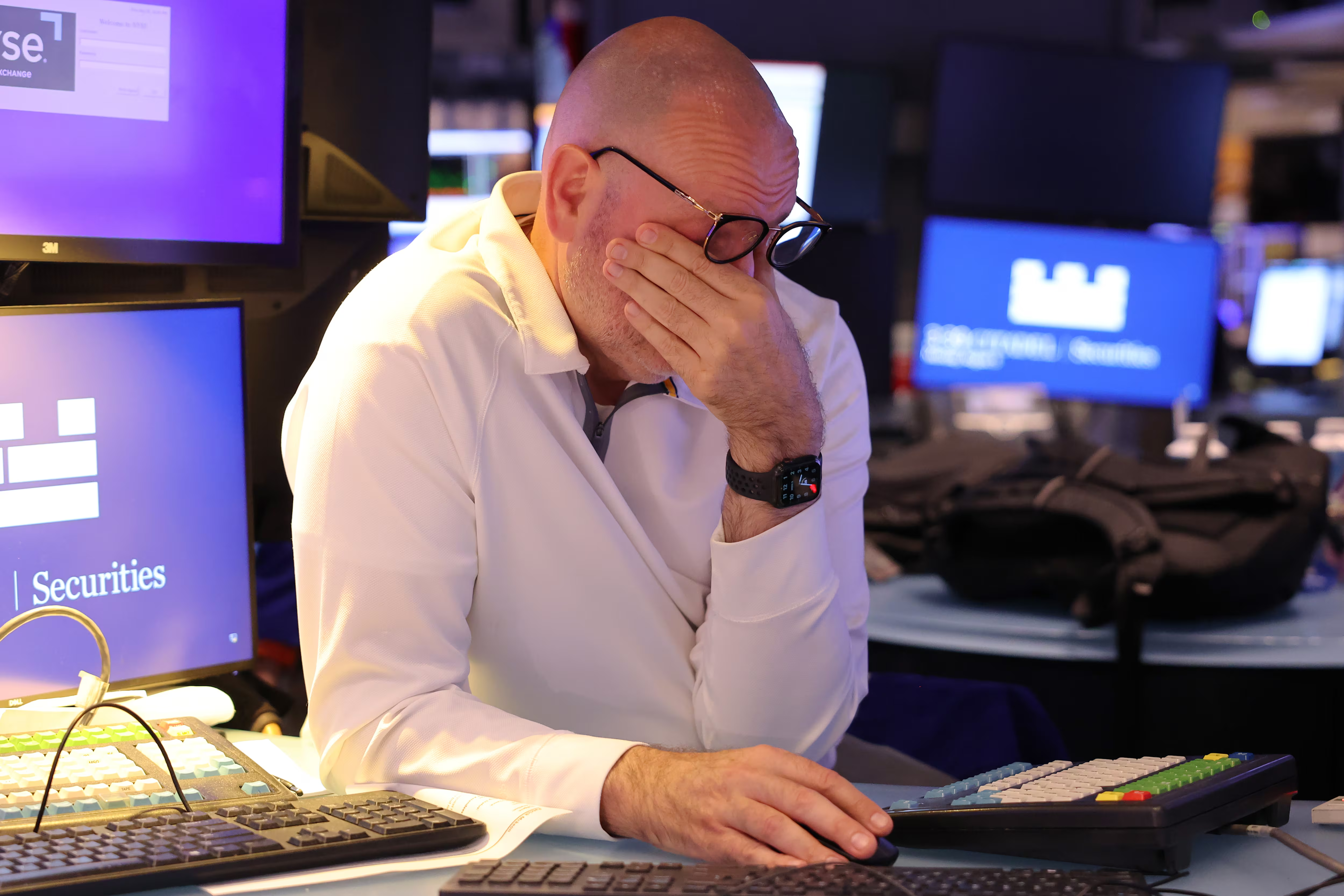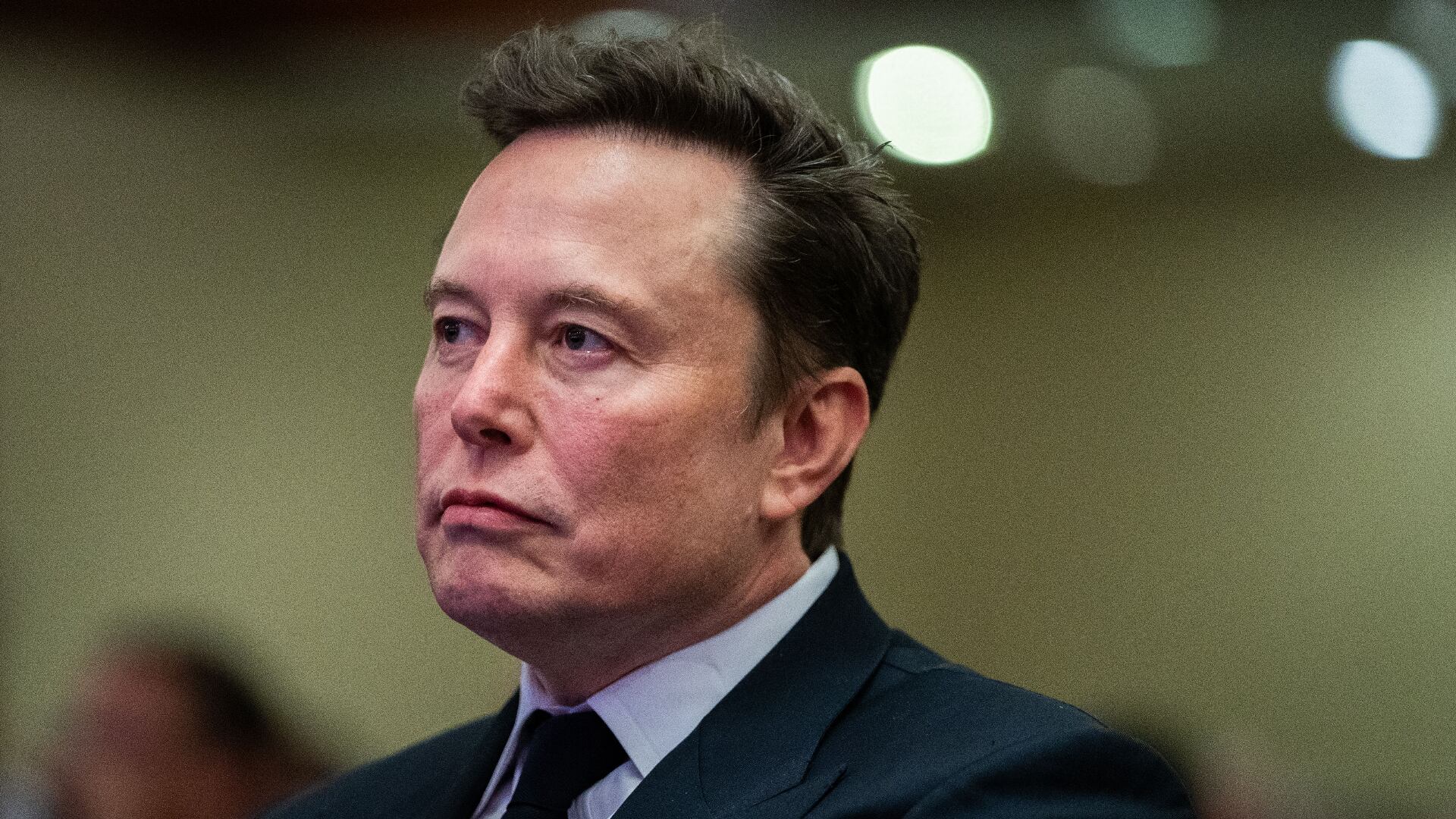By Stan Choe
Stocks are falling in early trading on Wall Street Wednesday, tacking on more losses to their end-of-day slide from a day before.
The market has been wavering the last couple weeks after coming off its best month in a generation, as optimism about reopening the economy collides with worries about the dangers of lifting restrictions too soon.
The S&P 500 was down 0.7% after the first 30 minutes of trading, following up on its 2.1% loss from Tuesday. Markets around the world were showing caution, with European stocks down and Asian markets mixed.
The Dow Jones Industrial Average lost 206 points, or 0.9%, to 23,448, and the Nasdaq composite was down 0.4.
Treasury yields were also lower in another sign of pessimism about the economy and inflation, after swinging up and down as Federal Reserve Chairman Jerome Powell warned about the threat of a prolonged recession. He said the U.S. government may need to pump even more aid into the economy, which is bleeding millions of jobs every week.
But Powell also said that the Fed is not considering taking interest rates below zero, as some investors have been speculating recently.
The yield on the 10-year Treasury fell to 0.66% from 0.69% late Tuesday.
Analysts say they expect the market to remain in a wait-and-see approach for weeks as investors gauge how economic reopenings underway in areas around the world are going. Many countries and U.S. states have begun lifting restrictions on businesses that were meant to slow the spread of the coronavirus outbreak but have also sent the economy into a severe recession.
The hope that the reopenings will allow growth to resume later this year have helped drive the S&P 500 up nearly 30% since late March, but worries have been rising recently that premature liftings of lockdowns will cause resurgent waves of infections.
On Tuesday, the top U.S. infectious diseases expert, Dr. Anthony Fauci, warned that if the economy reopens too soon, it could cause a backtrack in the “road to try to get economic recovery.”
In China, where the virus first surfaced, authorities announced seven new cases on Wednesday. Six were in Jilin province, in the northeast, where alert levels were raised and rail connections suspended.
South Korea reported 26 additional cases of the coronavirus over the past 24 hours amid a new spike in infections linked to nightclubs in Seoul.
Pakistan, meanwhile, confirmed 2,000 new positive coronavirus cases in a single day, just days after its prime minister, Imran Khan, eased lockdown restrictions and stepped up the return of Pakistanis stranded overseas despite pleas for stricter controls by Pakistan’s medical professionals.
Companies whose profits are most closely tied to the strength of the economy had some of the market’s sharpest losses. Energy producers in the S&P 500 fell 2.5% for the largest loss among the 11 sectors that make up the index. Financial stocks lost 1.8%. They’ve been some of the market’s biggest losers this year on expectations that a coronavirus-ravaged economy will mean less demand for oil and more defaults on loans.
In Europe, Germany’s DAX lost 1.8%, and France’s CAC 40 dropped 1.9%. The FTSE 100 in London lost 1.1%.
In Asia, Japan’s Nikkei 225 slipped 0.5%, the Hang Seng in Hong Kong lost 0.3% and South Korea’s Kospi rose 0.9%.
A barrel of U.S. oil to be delivered in June slipped 0.3% to $25.71 per barrel. Brent crude, the international standard, slipped 0.6% to $29.81 per barrel.
___
AP Business Writer Elaine Kurtenbach contributed.













